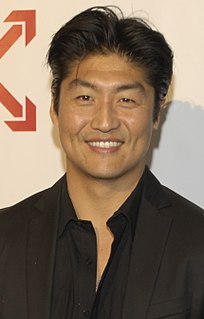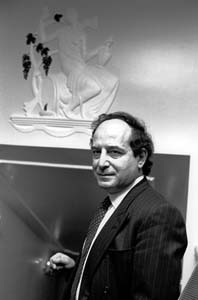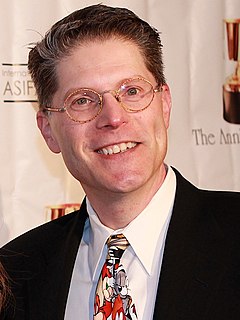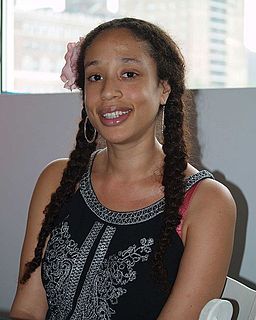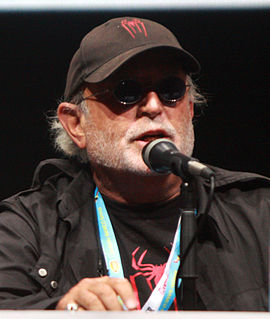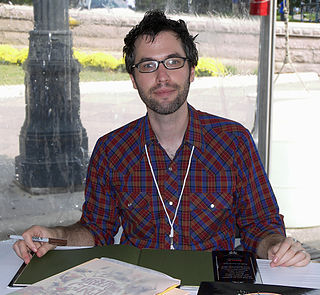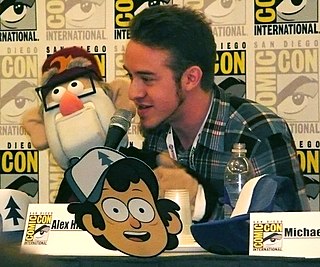A Quote by Nancy A. Collins
Vampires are handy characters, as they can do double duty as monster/villains and the classic, misunderstood romantic hero.
Related Quotes
The monster does not need the hero. it is the hero who needs him for his very existence. When the hero confronts the monster, he has yet neither power nor knowledge, the monster is his secret father who will invest him with a power and knowledge that can belong to one man only, and that only the monster can give.
It's just, "Hey,[Barack] Obama's the hero, and he wants Obamacare," and so the coverage is totally devoted to whether or not Obama's gonna get it. Now, in that scenario, who are the villains?Well, your good old, reliable Republicans are the villains, and they are always portrayed as the people trying to deny our beloved hero what he wants.
So yes, this is a show about an adolescent girl, her friends, and various vampires. Vampires writing in diaries, vampires attending high school, vampires investigating various mysterious supernatural events, vampires tormenting each other, vampires eavesdropping on each other, and vampires being sarcastic about other vampires' hairstyles. Vampires embracing every possible opportunity to take off their shirts.
I was thinking about vampires and, specifically, about what makes vampires a romantic trope: about what people like about not just vampires but supernaturally long-lived creatures in general, which is a thing that shows up in probably fifty to sixty percent of paranormal romances... And then, for some reason, I decided to reverse it.
One thing that's a lot harder to put into stories than you'd think is the idea of a traditional monster, because monsters with a capital 'M' don't inherently lend themselves to a story about your character. Unless one of your characters is themselves the monster, simply having a monster leads to a chase or a hunt.

